Home Page
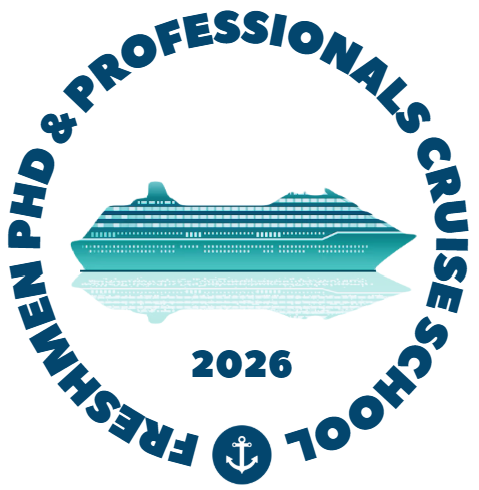
Cruise School on
“Artificial Intelligence for Technological & Social Change”
Are you passionate about using AI to drive sustainability and tackle key challenges in industry, healthcare, and government?
Join us for the third edition of the Freshmen PhD & Professionals Cruise School—a one-week, interdisciplinary winter school at sea that blends Artificial Intelligence, sustainability and strategic foresight across Engineering and the Social Sciences. Recognized for 7 ECTS (CFU).
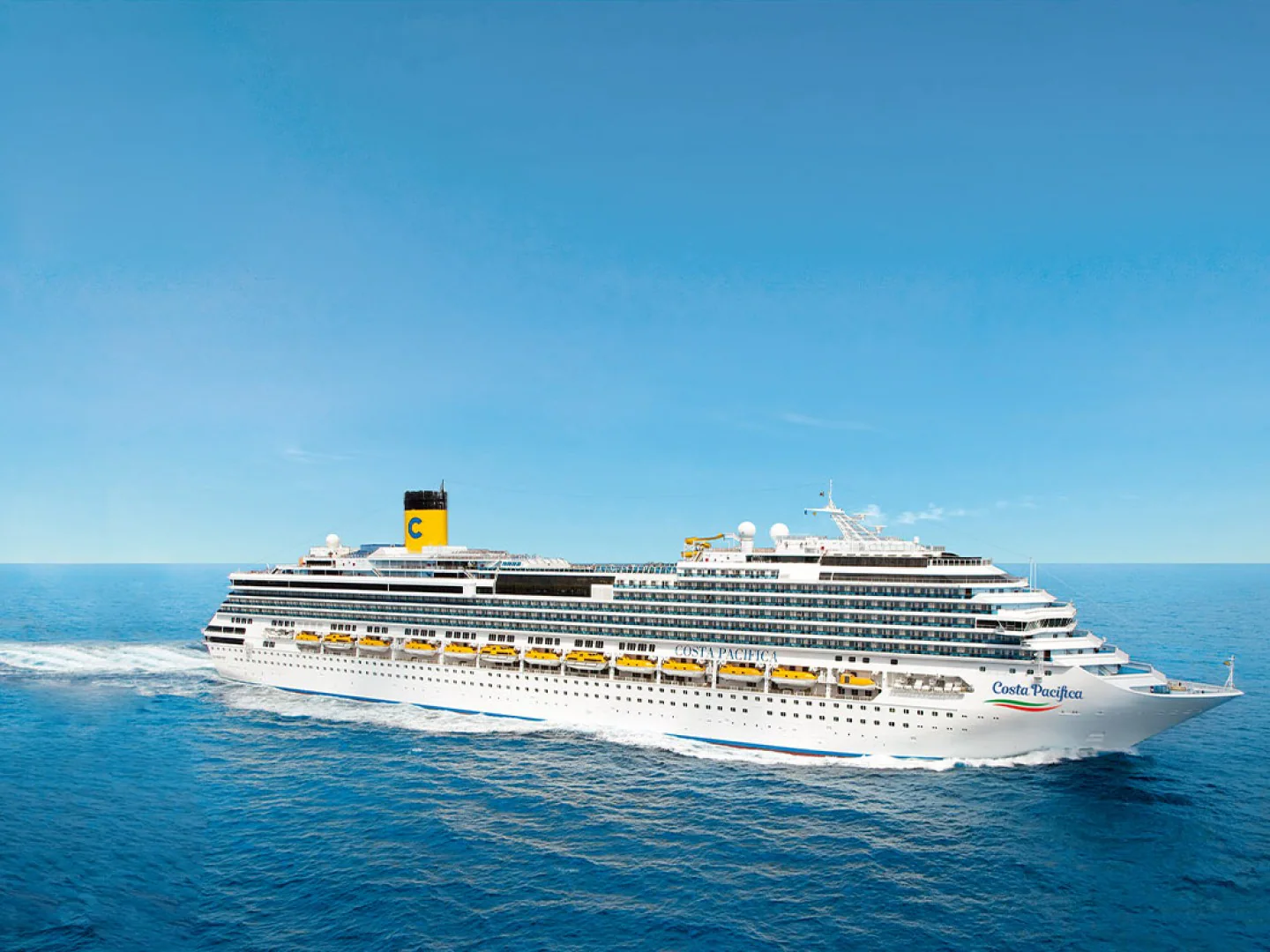
WHERE?
Canary Islands
(Las Palmas, Santa Cruz de Tenerife,
La Gomera, Fuerteventura, Lanzarote)
WHEN?
23-30th January 2026


WHO?
PhD Students & Researchers
Professionals
Professors & Experts
Early Bird Registration: Available until August 11
Early Bird Payment Deadline: All payments must be completed by September 30
Late Registration: From August 12 to September 30
Final Payment Deadline: All payments must be completed by November 30
Want to stay updated?
Sign up on our website and follow us on our socials!
Event Overview
Artificial Intelligence is profoundly reshaping how societies innovate, govern, and produce. This Cruise School convenes PhD students, early-career researchers, and industry professionals to explore AI’s pivotal role in driving technological and social change.
Participants will master core AI concepts and futures/foresight methodologies. The curriculum is built on a common core, followed by two specialized modules—one engineering-oriented, one social-science-oriented. Attendees will work side-by-side in mixed teams to solve real-world challenges.
Fee starting from €650 €800 include full participation in all scientific and networking activities and 7 nights on board with full board: 7 breakfasts, 7 lunches, and 7 dinners.
Academic Structure
The program integrates lectures from leading experts, interactive seminars, hands-on labs, and collaborative studio-style teamwork.
Common Core: AI & Futures Studies
This foundational module integrates machine learning and data-driven decision-making with the principles of futures studies and strategic foresight. Participants will learn to:
- Link causal reasoning with advanced scenario design.
- Navigate complex ethical and governance considerations.
- Develop evidence-based, forward-looking policy and strategy.
Thematic Modules:
- Engineering & Data-Driven Systems: Focuses on control and optimization, digital/cognitive twins, operations and energy systems, industrial AI, and deploying data pipelines for maximum impact.
- Social Sciences, Policy & Society: Covers causal inference and evaluation, PLS-PM modeling, AI governance and regulation, socio-technical change, public-sector innovation, and ethics-by-design.
Interdisciplinary Activities:
Mixed teams will tackle pressing challenges in logistics and ports, healthcare, or public policy. Each team will develop a comprehensive project, including a problem definition, an AI-enabled solution concept, and a foresight-informed roadmap. The program culminates in an end-of-week showcase where teams present their final outcomes.
The Cruise-School is recognized for a total of 7 ECTS credits (CFU)
Who Should Attend?
This Cruise School is designed for:
- PhD students and researchers seeking rigorous, cross-disciplinary training.
- Professionals and managers aiming to apply AI to drive sustainability and organizational transformation.
- Academics and experts interested in mentoring and building new international collaborations.
We welcome applicants from all disciplines—including STEM, social sciences, and the humanities—as complex challenges demand diverse perspectives.
Why Attend?
Participants will gain access to world-class lectures and hands-on training in a uniquely immersive environment. The program is designed to foster deep exchanges between engineers, data scientists, social scientists, and policy scholars. You will expand your professional network, co-create solutions with international peers, and develop a portfolio piece demonstrating both technical and societal impact. The Blue Economy provides a living laboratory for examining AI applications across marine systems, energy, mobility, and sustainable tourism.
Learning Outcomes
Upon completion, participants will be able to:
- Connect AI methods with futures/foresight to analyze uncertainty and guide strategic choices.
- Design and communicate robust, data-driven arguments for policy and management.
- Prototype AI-enabled solutions with careful attention to ethics, governance, and real-world constraints.
- Collaborate effectively in diverse teams to deliver a clear problem framing, an analytical approach, and a viable implementation pathway.
Program Details
Format & Workload
The week blends core sessions, thematic breakouts, labs, and evening salons. Learning is reinforced through pre-readings, intensive on-board sessions, and the interdisciplinary studio project. The total workload is equivalent to 7 ECTS credits; final credit awards depend on home institution regulations.
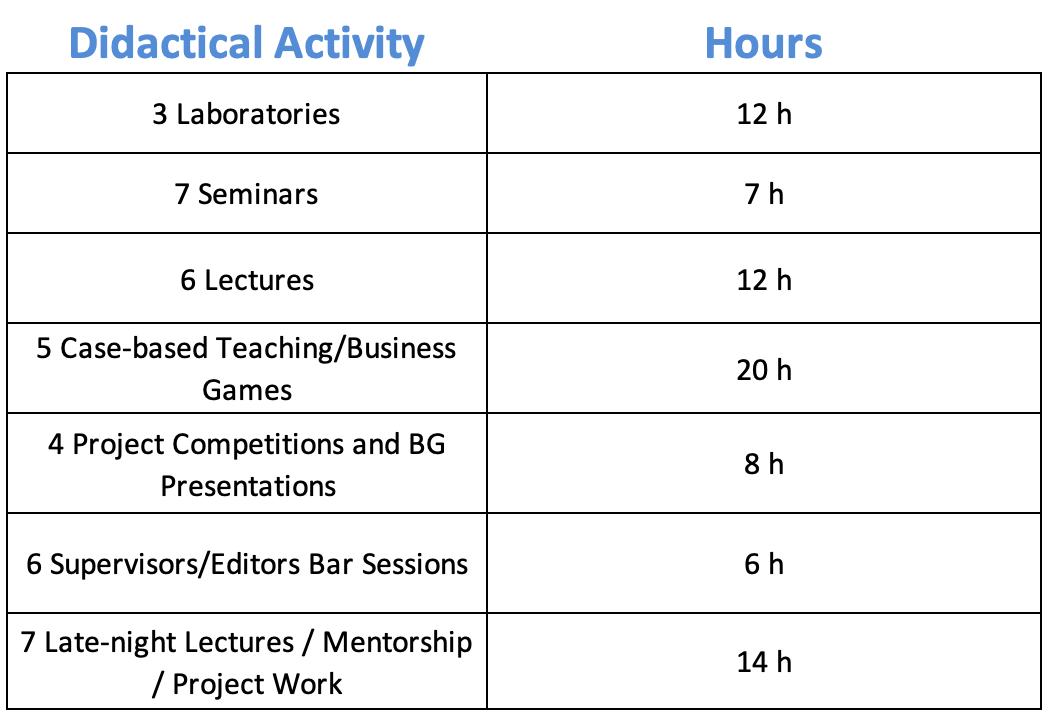
Assessment & Certification
Assessment is based on active participation, the team’s final deliverable (brief, slide deck/demo, and foresight memo), and a short individual reflection. Participants who fulfill all requirements will receive a Certificate of Participation, and PhD students will be provided with the necessary documentation for ECTS/CFU recognition.
Publication & Proceedings
Participants may present their research during the on-board conference sessions. Selected contributions will be considered for a Scopus-indexed special issue aligned with the school’s themes. All accepted abstracts will be published in the school’s proceedings.
Funding & Eligibility
The school is open to European scientists and institutions under Erasmus mobility schemes; we can assist with arranging bilateral agreements to channel funds. For many institutions, the registration fee is eligible as a Winter School training expense. Please consult your department for internal funding procedures.
Software & Equipment
Participants must bring their own laptops. Lab sessions will use widely adopted tools in R and Python. No advanced prerequisites are necessary; however, quantitative curiosity and a willingness to collaborate across fields are essential.
Venue & Experience
Learning takes place on board a modern cruise ship, with a schedule designed to balance coursework, networking, and opportunities to explore ports of call. The maritime setting offers an ideal context to investigate AI’s contribution to the Blue Economy while building a strong international community.
Guest Lectures from world-famous Professors
Join inspiring sessions led by renowned experts and high cited researchers at the forefront of AI and sustainability. Gain exclusive insights into cutting-edge research and visionary approaches shaping the future of the Blue Economy. Stay tuned for the full lineup of lectures!
Explore the Blue Economy
Dive deep into the Blue Economy, exploring how AI can revolutionize industries connected to the Mediterranean. Learn how modern technologies can bring sustainable solutions to the “Old World,” addressing critical issues in marine and coastal ecosystems, renewable energy, and sustainable tourism.
Network and Collaborate
Sail with over 100 participants, including young PhD students, researchers, seasoned professors, and experienced managers. This is a unique opportunity to forge meaningful connections, engage in stimulating discussions, and build collaborations that could shape your career and the future of AI in sustainability.
Learn from the Best
Gain insights from prominent scholars and industry leaders through lectures, speeches, and interactive sessions. Learn about the latest advancements in AI applications across various domains and discover how these innovations can contribute to a sustainabl
Hands-On Experience
Participate in laboratories and workshops designed to provide practical experience. Work on real-world problems, develop innovative solutions, and enhance your skills under the guidance of experts. future.
CFU Points: PhD students can earn CFU points as part of their academic activities.
Erasmus Funding: Open to European scientists under the Erasmus program.
Certificate of Participation: All participants will receive a certificate.
Social Program: Networking opportunities and social events.
Software Packages: Access to industry-standard tools and software.
AI: The Game Changer
AI can revolutionize the Blue Economy by addressing these challenges with innovative solutions:
- Predictive Analytics: AI can predict fish stocks, ocean currents, and climate patterns, aiding in sustainable resource management.
- Pollution Monitoring: Machine learning algorithms can detect and track pollution sources, helping to mitigate their impact.
- Healthcare Innovations: AI-driven research can accelerate the discovery of marine-based pharmaceuticals and improve public health surveillance.
- Smart Policy Making: AI tools can analyze vast datasets to inform policy decisions and optimize regulatory frameworks.
- Operational Efficiency: AI can optimize technical operations, such as HVAC systems, waste management, and food preparation, ensuring sustainable and efficient use of resources.
Key Features of the Laboratories:
- Business Cases: Analyze and solve real-world problems faced by industries, healthcare, and governments.
- Practical Applications: Learn by doing, using AI tools to develop solutions for sustainability challenges.
- Interactive Discussions: Engage with experts and peers to explore the potential of AI in various contexts.
- Interdisciplinary Approach: Collaborate with participants from diverse academic backgrounds, enriching the learning experience.
HOW?
Register using the form at the link , Registration , by September 30th.
Deadline for Registration: September 30, 2025
More Info & Contacts: https://phdcruise-academic.eu/ | communication@phdcruise-academic.eu
Fees: https://phdcruise-academic.eu/?page_id=376
Registration: https://phdcruise-academic.eu/?page_id=388
Let’s Shape the Future Together!
Erasmus partnership
Dear Participants, our workshop is not open only to the scientists of Italian Universities, but also to all the scientists of Europe.
In particular, if your university is part of the Socrates programme and cooperating with the partner universities of our workshop, you would be eligible to participate with the Erasmus funds of the university within the “staff and teaching mobility” programme.
You can find more information at the following link: https://erasmus-plus.ec.europa.eu/programme-guide/part-b/key-action-1/mobility-projects-for-higher-education-students-and-staff
If you are interested, please contact us.
Here below you can find some of the universities eligible:
- AGH University of Krakow
- Aristotle University of Thessaloniki
- Catholic University of Ávila (UCAV)
- Chemnitz University of Technology (TU Chemnitz)
- Częstochowa University of Technology
- Gdańsk University of Technology
- Karlsruher Institut für Technologie
- Kaunas University of Technology
- King Juan Carlos University
- La Rochelle University
- Management Center Innsbruck
- National Institute of Applied Sciences (INSA Strasbourg)
- NOVA University Lisbon
- Paris-Saclay University
- Polytechnic University of Catalonia
- Reykjavik University
- Riga Technical University
- Slovak University of Technology in Bratislava
- Széchenyi István University
- Tadeusz Kościuszko University of Technology
- Technical University of Madrid
- Technical University of Sofia
- Technische Universität Darmstadt
- Technische Universität Dresden
- Transilvania University of Brașov
- Università di Corsica Pasquale Paoli / Université de Corse Pascal-Paoli
- Université Savoie Mont Blanc
- University of A Coruña
- University of Antwerp
- University of Aveiro
- University of Burgos
- University of Málaga
- University of Miskolc
- University of Seville
- University of Stavanger
- University of West Bohemia
- University of Zaragoza
- Vasile Alecsandri University of Bacău
- Vilnius Gediminas Technical University
- Warsaw University of Technology
Partners and Sponsors

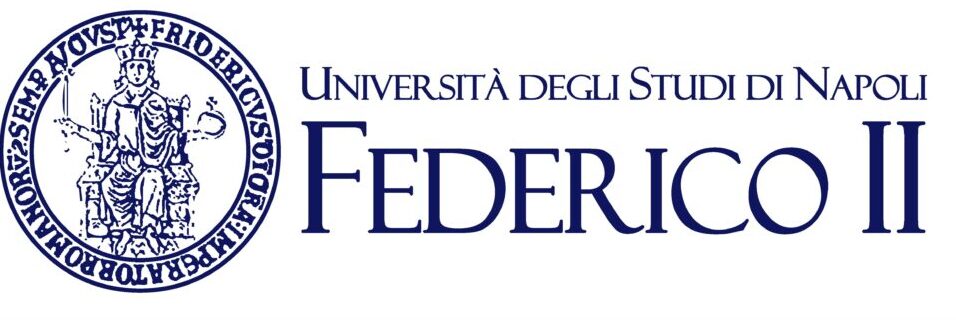

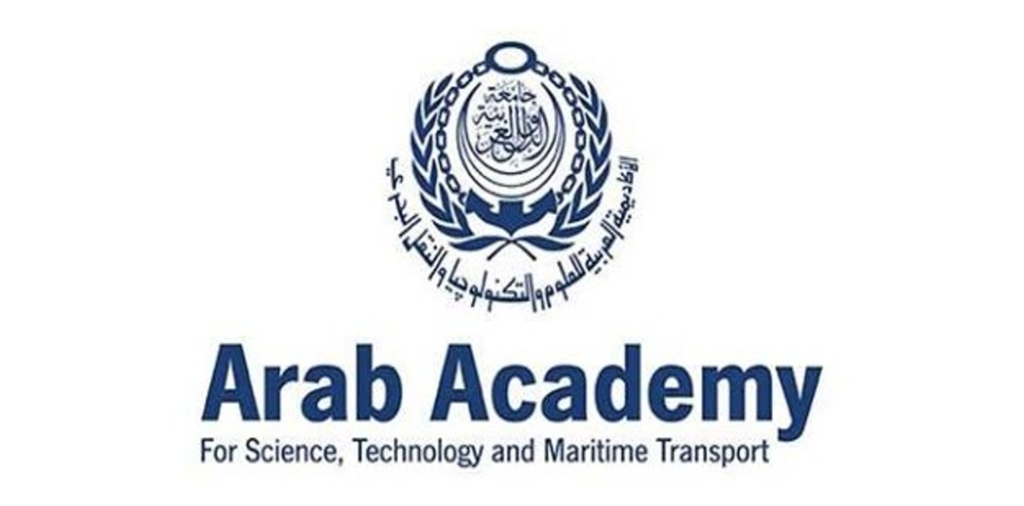
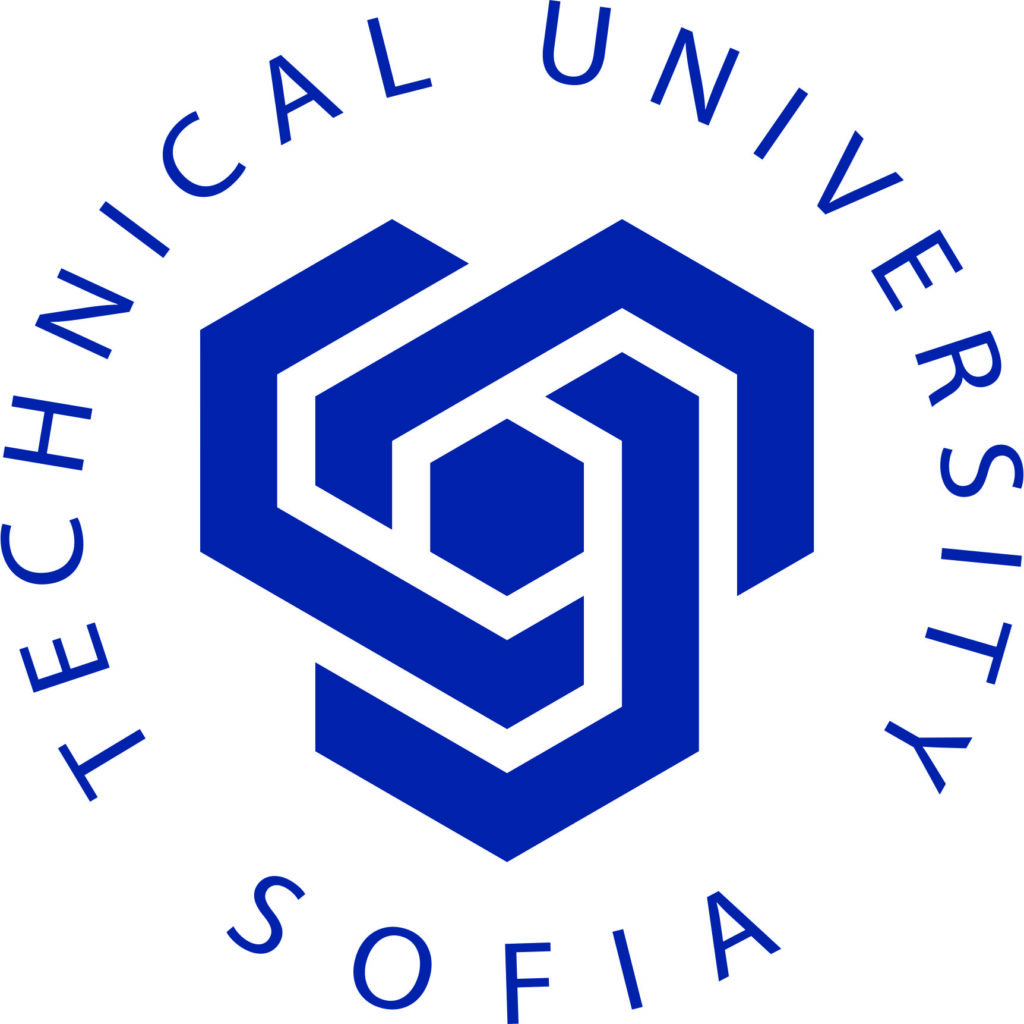
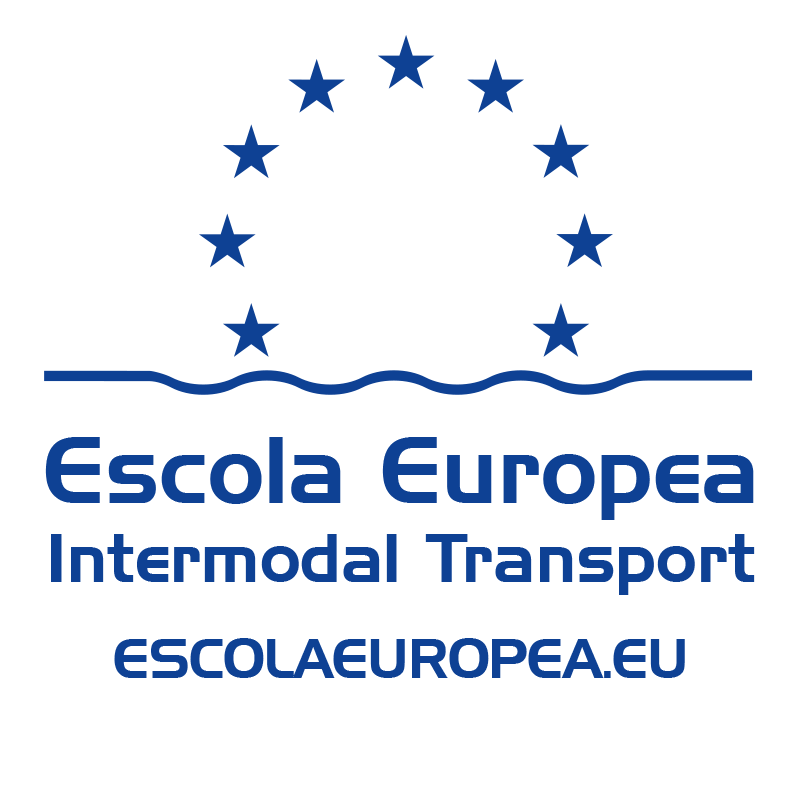






 Users Today : 13
Users Today : 13 Total Users : 10504
Total Users : 10504 Views Today : 13
Views Today : 13 Total views : 23752
Total views : 23752 Who's Online : 1
Who's Online : 1